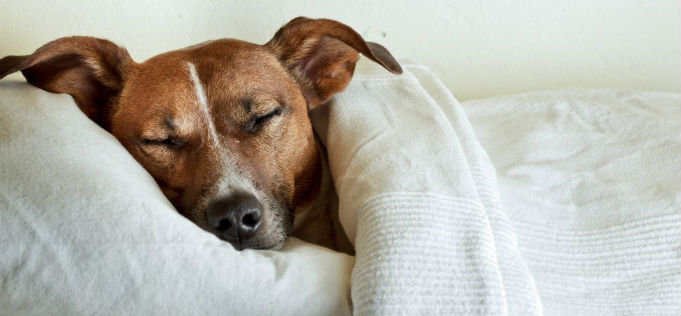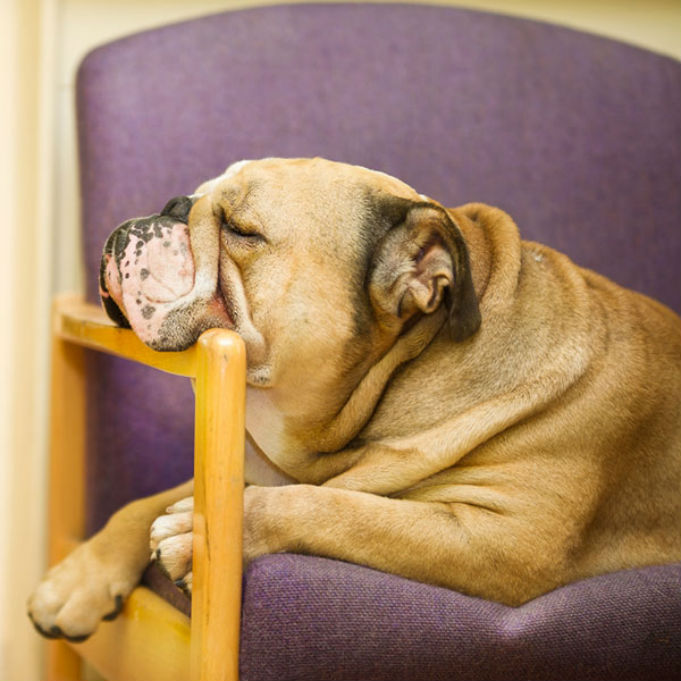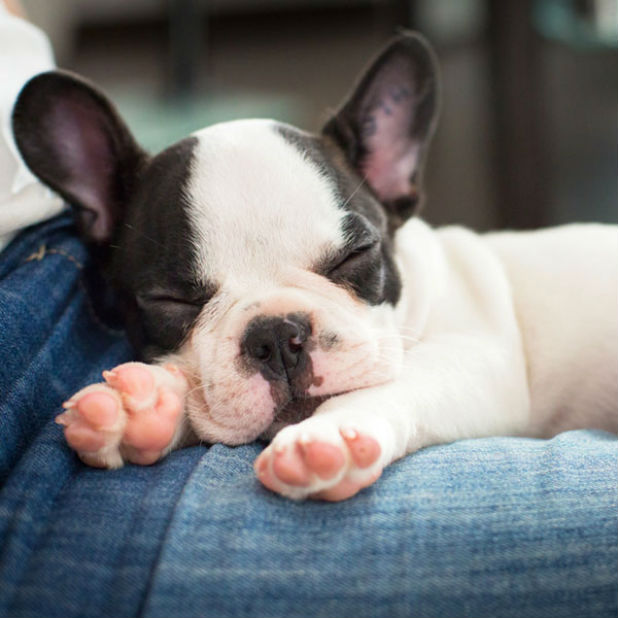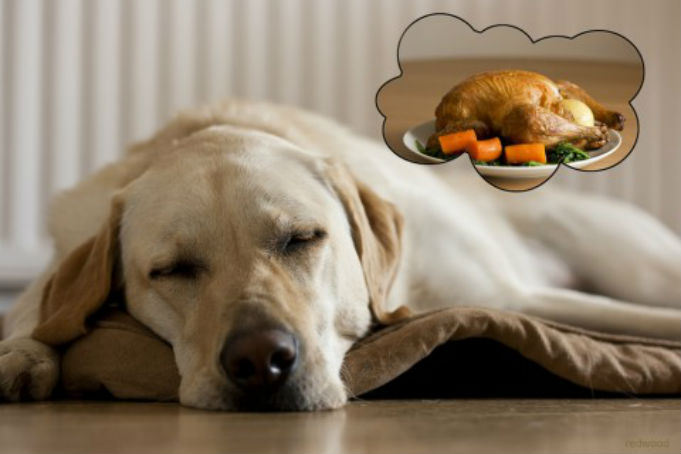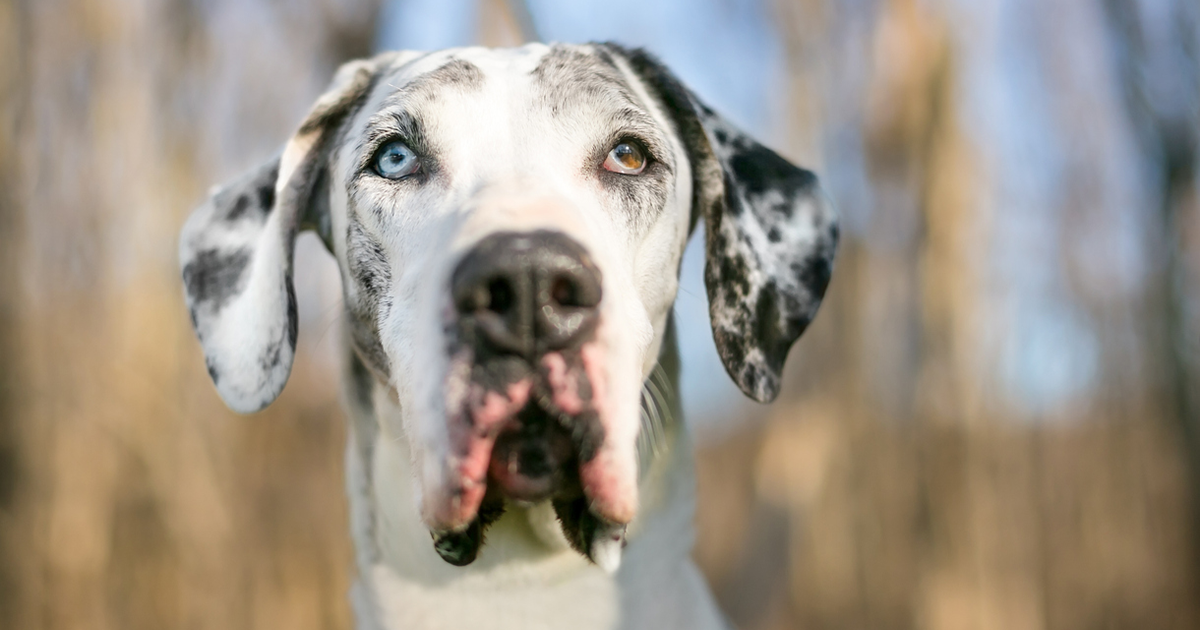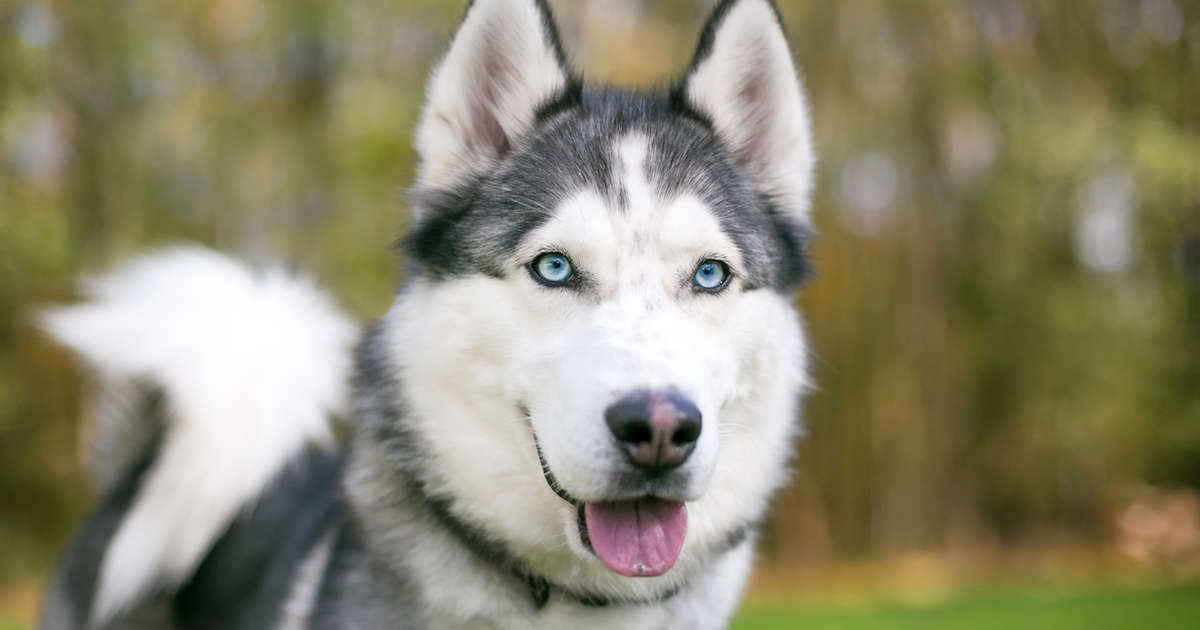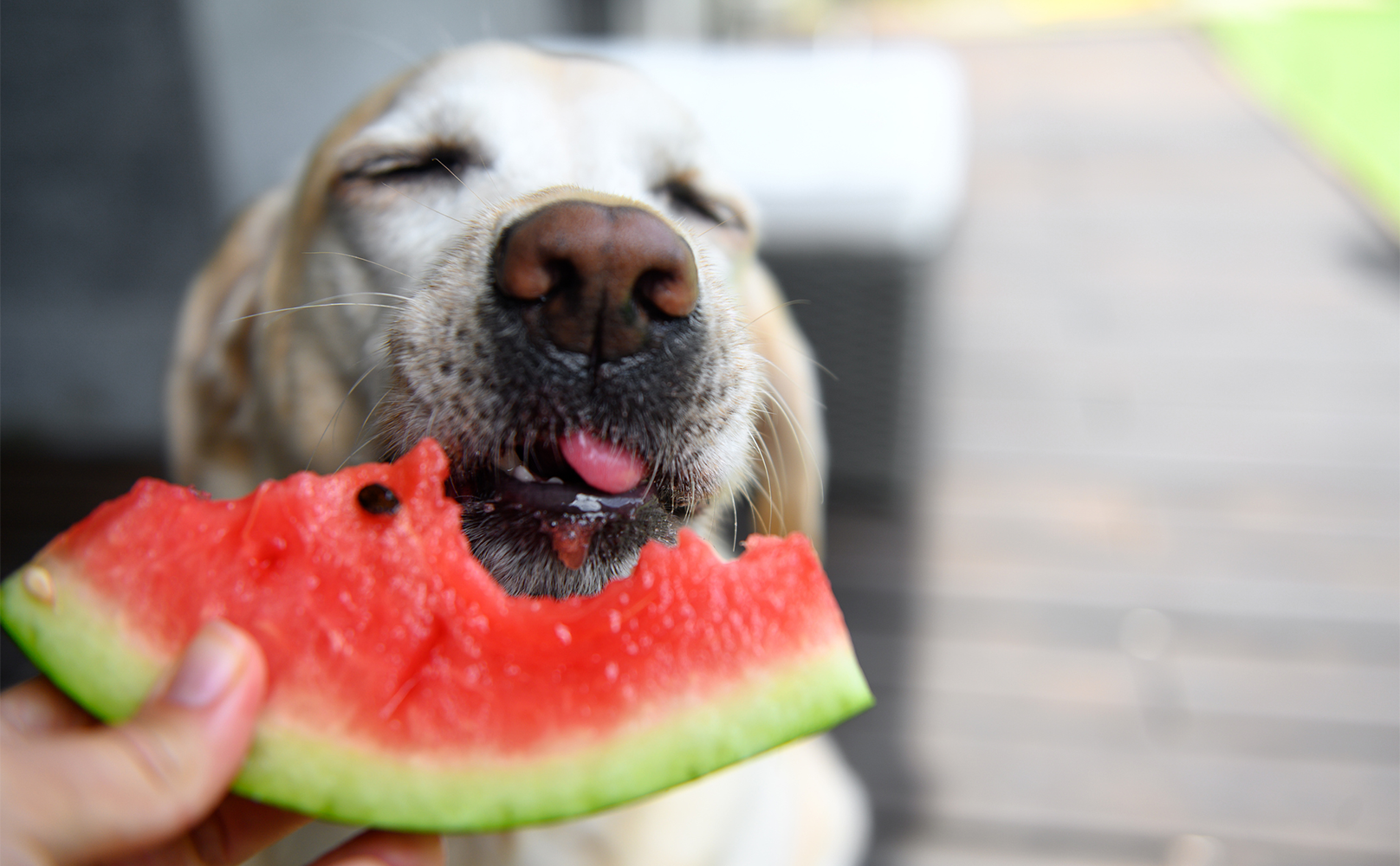You know that idiom “I slept like a baby”? Well it really should be changed to “I slept like a dog” because, first of all, babies don’t sleep, and when they do, they suck at it.
Dogs, on the other hand, are doze pros. Some experts estimate they spend between 14-15 hours a day sleeping, which begs the question: do dogs dream? Those of you have seen the twitching legs, involuntary tail wags, and muted whimpers of a sleeping dog would say, “Yes! Of course they do!” But are you right?
In 2001, Matthew Wilson and Kenway Louie of MIT conducted a study that showed that not only are human and canine brains structurally similar, but that they also exhibit similar wave patterns and electrical activity during sleep.
[bp_related_article]
EEG analyses indicated a change in dogs’ brainwaves when they entered REM (rapid eye movement), a deep sleep stage, and the scientists also observed irregular breathing and muscle twitches, all of which are consistent with the idea that dogs dream just like humans.
Dogs usually enter the “dream stage” about 20 minutes into their sleep, but the duration and frequency of their dreams vary depending on the dog’s size and age. Small dog breeds such as Chihuahuas and Dachshunds tend to have shorter and more frequent dreams, while Rottweilers, Great Danes, and other large dogs have longer dreams (up to 10 minutes) less frequently (every hour or so). As you might suspect, puppies dream more often than adult dogs, as their growing brains are busy soaking up new and exciting information about the world every day.
So what do they dream about? Evidence suggests that dogs dream about the typical events of their day just like we do—playing fetch in the park, barking at the mailman, devouring that delicious bowl of salmon and potatoes, burying a bone. We know this because when scientists inactivated the pons—the part of the brain that restricts physical movement during sleep—the dogs began to execute the actions that they were performing in their dreams!
Finally, while it may be tempting to wake up a dog who is having a seemingly stressful dream, try to resist the urge. Not only will it interrupt their restorative sleep, but dogs disturbed are also likely to wake up disoriented, and potentially angry as their (and our) dreams still feel like reality upon waking. Now that we know about doggy dreams, we can finally get into why dogs bark…
As they say, “let sleeping dogs lie.” Enjoy PBS’s BrainCraft video below to learn even more!

